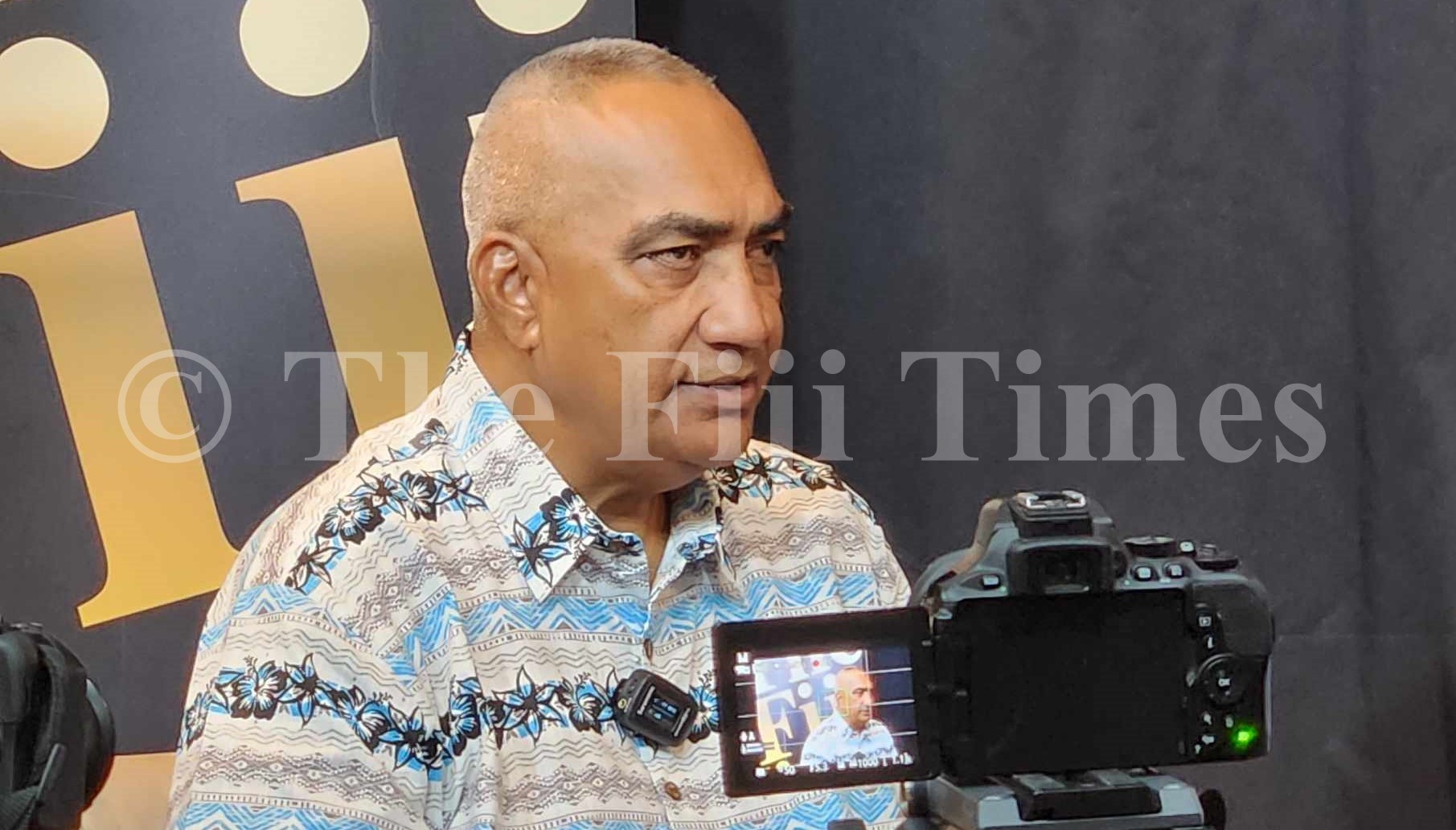In 2004, former Assistant Police Commissioner Henry Brown led a billion-dollar drug bust that resulted in the shutting down of a meth lab and the arrest of both local and international criminals.
Now almost 20 years later, the former Chief of Intelligence and Investigations Unit sat down with our West Bureau Chief Anish Chand for a tell-all interview on The Fiji Times online portal The Lens@177.
The Transnational Crime Unit
“In 2000 we had seized about 250 kilos of heroin at the (Suva) yacht club,” said Mr Brown.
“It was a joint operation also with the Australian Federal Police. Subsequent to that investigation, we found a stockpile in Namadi.
“At that same time there was a cocaine seizure in Tonga and after a couple of months there was a hard drugs seizure in Vanuatu.”
Mr Brown said the Pacific Chiefs of Police decided in 2001 to form the Transnational Crime Unit that would be piloted in Fiji.
“At that time there was political will also to the fight this, by recognising the threat here, Tonga and Vanuatu and because they knew any minute now that it will escalate.
“The Transnational Crimes Unit was formed between Customs and police and they started with a proper analyst and surveillance training.”
Mr Brown said the unit was not part of the mainstream police and customs operations.
“We started looking at companies, looking at massage parlours, looking at organisations that were dodgy or had (bad) visa records.
“We started building up their profiles in 2002.
“If you recall there was a lot of gambling here in Suva which was illegal at that time. We conducted a number of raids (there).
“So, while we were building all of this, we received a very critical information about a potential drug lab being set in one of the countries in the Pacific.
“It was coded and in the code it said ‘it will be set up in a country of brown people’.”
Persons of interest enter Fiji
“We took that intel and started working on it and at the same time the boys were getting upskilled and trained.
“We were out of the mainstream police stations which was becoming an issue because police officers themselves started suspecting what we were doing because we were driving rental cars and growing beards.
“But then suddenly it started taking form.”
Mr Brown said they started to notice people of interest travelling to Fiji along with suspected goods.
“We started talking to our partners, the Australian Federal Police, the New Zealand Police, the Malaysian Police and Hong Kong.
“This became a multi-dimensional investigation.
“We were looking at the goods coming in. We were looking at the manpower coming in. The money movement started from Hong Kong but the labour was coming out of Malaysia and the equipment, so we started doing the surveillance.”
Watching them and catching the big boys
“It was a 13-month covert operation. Really painstaking.
“Sometimes we’ll watch them for 16 hours. We go to sleep when they go to sleep. When they wake up one of us has to wake up with them.”
Mr Brown said each and every interaction between suspects and the movement of equipment was monitored by their team.
“It was all controlled. We watched them bring in chemicals, machinery. All that came towards Laucala Beach.”
He said they were careful not to alert the criminals while at the same time keeping their transnational partners informed.
“The only thing with this was keeping all of our agencies informed so they do not jump the boat and we do not jump the boat here.
“We wanted to catch the big boys together.
“The money man and the people here at the bottom of the food chain here in Fiji.”
He said very few people within the force were privy to their operation.
“The good thing was the direct reporting to Deputy Commissioner and Commissioner of Police – to Moses Driver and Andrew Hughes. Nobody
else.”
Covert operations in Fiji and laws
Mr Brown said it was very hard to do a covert operation in Fiji because everybody knew each other.
“You are doing surveillance, and somebody is talking to you. They know you.
“The legislation was very poor at that time. We had dangerous drug deals and (legislation) was weak.
“The sentences were weaker.
“At that time the new Bill was being tabled and there was a debate going on that too much power was being given to law enforcement.
“The legislation allowed us to have a complete product before we could charge anyone.
“Otherwise, we would just be charging them for importing chemicals.
“If you want to get them you have to get the complete product.”
Moving in Mr Brown said while this was all happening, the situation at the drug lab was becoming risky.
“We brought in a scientist from New Zealand who said if this explodes half of Suva is going.
“We had to make a decision and at the same time our partners in Hong Kong were ready.
“We had no choice.
“We had to take them down.
“It was a simultaneous raid. We raided here. They raided in Malaysia, and they raided in China at the same time.
“Money laundering there. Another lab in Malaysia and we did this big one here.”



